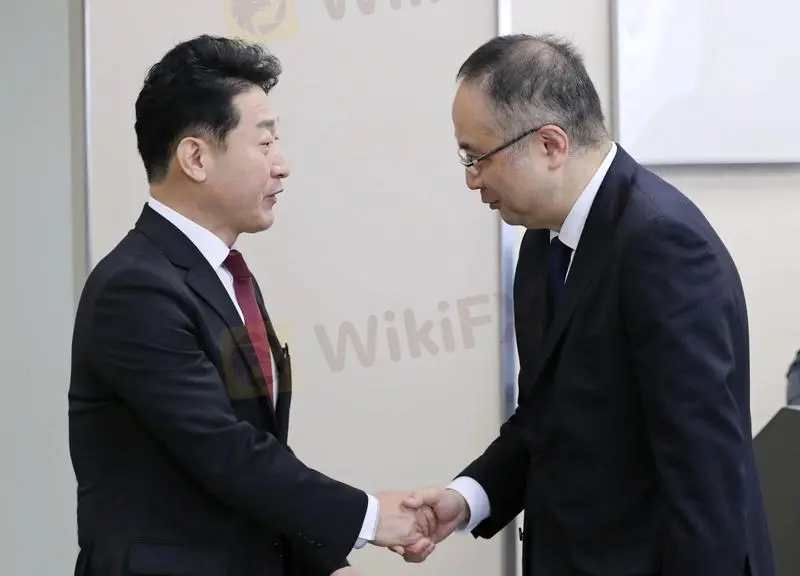简体中文
繁體中文
English
Pусский
日本語
ภาษาไทย
Tiếng Việt
Bahasa Indonesia
Español
हिन्दी
Filippiiniläinen
Français
Deutsch
Português
Türkçe
한국어
العربية
Japan, ROK meet over trade dispute but no quick fix seen
Abstract:TOKYO — Senior Japanese and the Republic of Korea (ROK) trade officials met on Monday for the first time since Japan imposed controls on exports to its neighbor of high-technology materials, plunging testy relations between the US allies into a new crisis.
TOKYO — Senior Japanese and the Republic of Korea (ROK) trade officials met on Monday for the first time since Japan imposed controls on exports to its neighbor of high-technology materials, plunging testy relations between the US allies into a new crisis.

Japan imposed the curbs on exports to the ROK of three materials used to make semiconductors in July, threatening a pillar of the ROK economy and the global supply chain of chips.
Japan cited its concern about insufficient ROK controls on the materials, suggesting they might have been shipped to the Democratic People's Republic of Korea (DPRK), although the curbs came as relations soured over a dispute over Japans wartime actions.
Yoichi Iida, director-general at the Japanese trade ministrys trade control department, and his ROK counterpart Lee Ho-hyeon, met in Tokyo for the first senior-level bilateral talks in three and a half years.
The two made no comment to each other or to media as they shook hands at the beginning of their meeting.
On their agenda will be Japans tighter rules on its exports and its removal of the ROK from its list of countries with fast-track trade status.
The ROK responded by dropping Japan from its favored-trade list and threatening to end security cooperation.
Japans chief cabinet secretary Yoshihide Suga played down expectations for any quick solution to the dispute on Monday.
“We look forward to a comprehensive assessment,” Suga told a news conference, suggesting a solution would take time.
Relations between the neighbors have been plagued for years for bitterness over Japans colonization of the Korean peninsula from 1910 to 1945, which saw forced use of labor by Japanese companies and the use of “comfort women”, a Japanese euphemism for girls and women, many of them Korean, forced to work in its wartime brothels.
Japan‘s July trade restrictions came as it complained of the erosion of trust with the ROK after a ROK court ruled last year that Japanese companies had to pay compensation to the people of ROK forced to work in Japanese factories during Japan’s occupation.
Japan believes the issue was settled under a 1965 treaty and the court ruling violated international law.
The trade dispute has raised fears about security cooperation although the ROK last month decided to retain an intelligence-sharing pact with Japan, after threatening to end it.
Disclaimer:
The views in this article only represent the author's personal views, and do not constitute investment advice on this platform. This platform does not guarantee the accuracy, completeness and timeliness of the information in the article, and will not be liable for any loss caused by the use of or reliance on the information in the article.
WikiFX Broker
Latest News
Geopolitical Events: What They Are & Their Impact?
Top 10 Trading Indicators Every Forex Trader Should Know
ASIC Sues Binance Australia Derivatives for Misclassifying Retail Clients
WikiFX Review: Is FxPro Reliable?
Malaysian-Thai Fraud Syndicate Dismantled, Millions in Losses Reported
Trading frauds topped the list of scams in India- Report Reveals
Why Do You Feel Scared During Trade Execution?
WikiFX Review: Something You Need to Know About Markets4you
Revolut Leads UK Neobanks in the Digital Banking Revolution
Fusion Markets: Safe Choice or Scam to Avoid?
Currency Calculator


